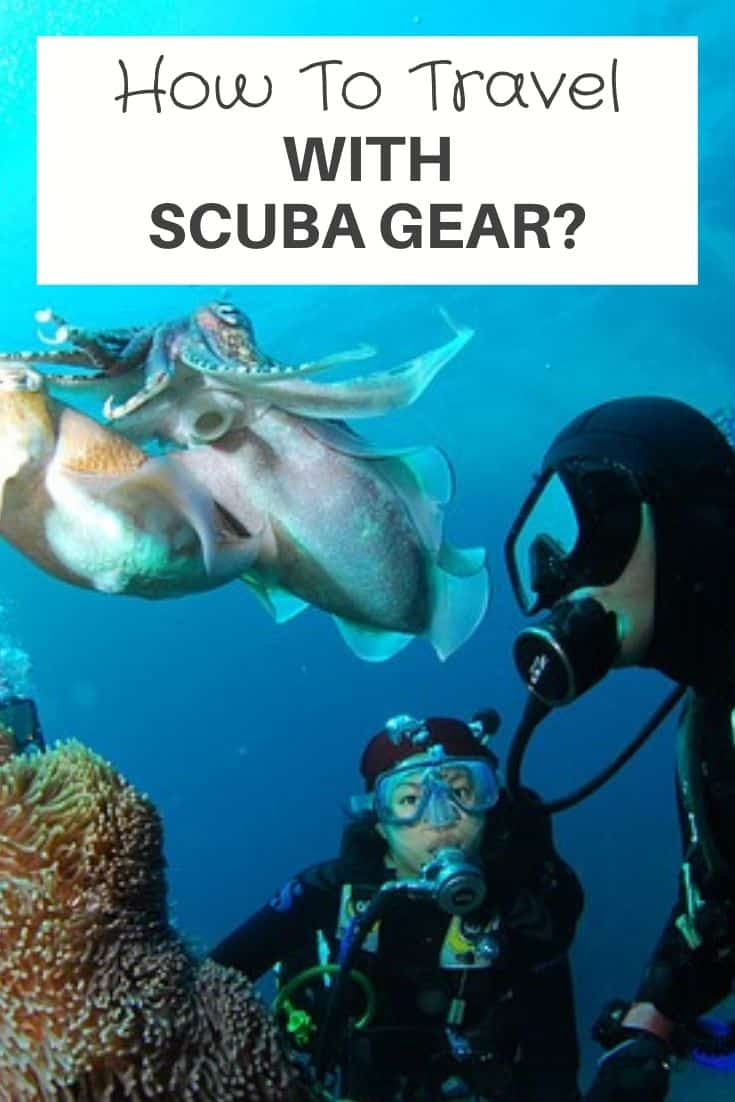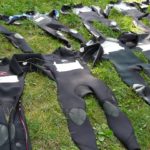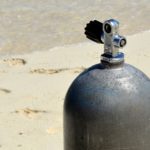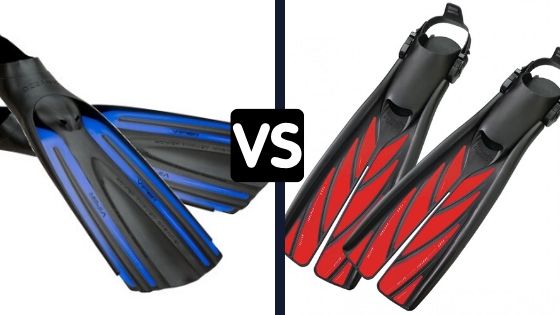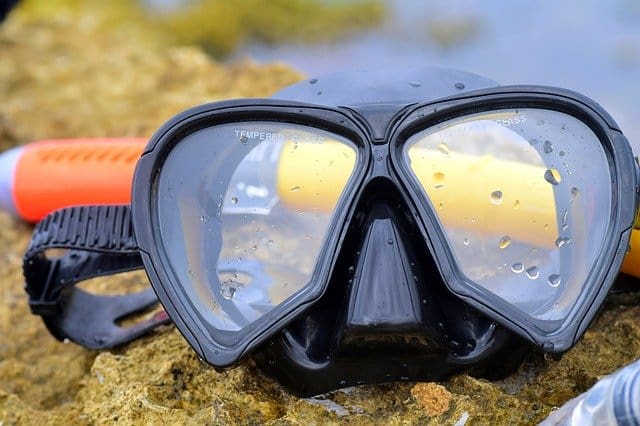
Going on a diving trip and now thinking about what diving equipment can I bring and what considerations are there to traveling with scuba gear. For most people and especially me, I like to travel as light as possible. Scuba gear can be heavy and awkward to travel with, especially if airlines are involved.
Another challenge is to try and make sure everything fits in your bag. And also trying to protect the valuable and fragile gear. While also trying to strike a balance with what you need and manage the weight to avoid any extra fees.
Here are reasons to travel with scuba diving gear and tips on how to most of your scuba diving gear around the world without breaking the bank.
Read more on common questions asked by beginner divers
The Advantage Of Bring You Own Scuba Gear
Scuba diving gear is heavy and awkward to travel around with plus there might be extra fees. There are 2 reasons that a diver with travel with his own diving gear. These are as follows.
- Comfortable using their own gear than renting gear.
- Save money on not having to rent gear especially if planning on during a lot of dives.
Comfortable Using Their Own Gear
The advantage of using your own scuba diving gear is that you know it fits and that it works properly. For example, you know the diving mask fits and works correctly whereas renting you can not be so sure if it will work as well.
Save Money
It is very tempting to just simply rent the equipment locally this will save on the hassle of bringing it with you on holidays. However, if you are planning on doing a lot of dives, the diving rates are cheaper with your own diving gear. As they don’t charge you the rent to use their diving gear.
The money you save can offset any costs incurred when traveling with your dive gear. But, if you are only doing a few dives then it is better to just simply rent it.

What To Bring Or Not To Bring?
If flying then the weight is a major consideration as there can be weight limits and the airlines are stricter on the limits. As well as carrying items like a dive knife. You should weigh your bags before you go, just so you can prepare.
Airlines are constantly changing the baggage limits and fees, on the positive side, every airline publishes their baggage allowance and overage charges. So flyers know how much the fees are.
What you bring is really up to you, here are considerations and ways to pack scuba gear.
BCD – These take up a lot of room but are not very heavy. To pack it you will need to make sure all the air is out, and flattened out, and lay it on the bottom of the gear bag.
Wetsuit – The wetsuit is not heavy but is very big. You should not fold the wetsuit too many times as this can damage the wetsuit. 2 folds should be enough for it to fit in your bag. Put the wetsuit on top of everything else as it adds more cushion.
Fins – Fins you are not used to can affect your kick and be more taxing on your stamina. When packing your fins, you can put them on either side of the BCD. The fins won’t bend and can help protect the rest of your gear.
Dive knife – I would not bring this onto a plane, as this will raise security concerns. If you do decide to bring a knife, make sure to pack it in your checked luggage. And have it wrapped in a towel.
Dive Mask – When renting dive masks, the masks sometimes do not have the right fit and may not work properly. Masks come with their own hard protective plastic container, which you should use when packing and traveling with your scuba gear.
Snorkel – Snorkels can be places between one fin and your BCD.
Regulator – This can be awkward to travel with the wires and trying not to bend them. Make sure it is well-cushioned, either put it in a separate padded bag or wrap it in clothes.
The dive bags are built to help you organize, protect and carry your scuba diving equipment when you are traveling. When choosing a dive bag it needs to be big and tough enough to hold all your gear and stand up to the abuse of saltwater.

Helpful Dive Travel Tips
To help you with your next dive trip and the trip to be as smooth and enjoyable as possible. Here are a few travel tips.
- Get dive travel Insurance – Sometimes things go wrong when on holidays, such as diving accidents, flight cancellation, and thief.
- If your divemaster sets up your gear, it is good to practice to check it before the dive.
- If you’re traveling or bought new dive gear, give it a test run in a swimming pool.
- Liveaboard divers sometimes take two wetsuits so they always have a dry one to use.
- Certification Cards & Logbooks – Don’t forget your dive logbooks, all dive centers will ask for it. Also, have the PADI app set up on your phone or alternative.
- Don’t Fly Until at Least 24 Hours After a Dive.
Wrapping Up
Finally, traveling with scuba diving gear can be awkward and there might be some extra fees incurred. You will need to decide what equipment to want to bring and what you need.
Personally, I would always bring the diving mask, for the rest of the equipment, it depends on where the diving trip is.
And that’s it for now! I’d love to know if this guide on how to travel with scuba gear has helped you. Let me know if you have any questions and let me know if there is more to add.
Did you enjoy this post? Then don’t forget to pin it!
